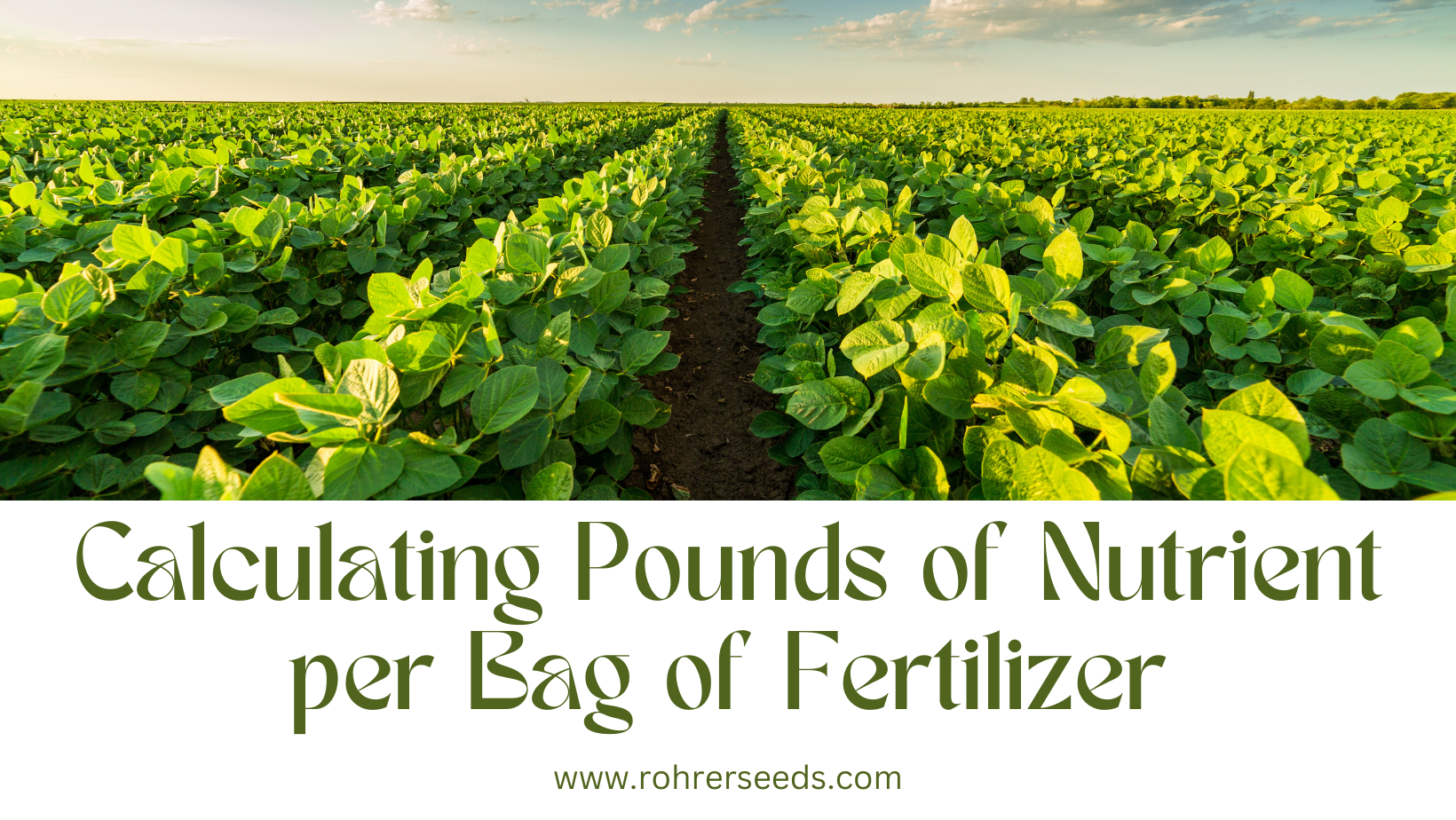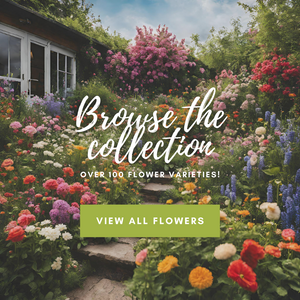
Calculating Pounds of Nutrient per Bag of Fertilizer
Whenever you buy a bag of fertilizer to use on your lawn, garden, or in your flower beds you may wonder what the three numbers mean. Fertilizer ratios are shown in an N-P-K formula, where the N represents Nitrogen, the P represents Phosphorus, and the K represents Potassium. Different fertilizer ratios serve a different purpose based off what you are using the fertilizer for and how nutrient deficient your soil may be. When trying to determine how much and what type of fertilizer you need, it is important to understand what each of the nutrients is responsible for and how much of each nutrient is in a bag of fertilizer.
Nitrogen is the nutrient needed for good green color and healthy leaf growth. Phosphorus is responsible for rooting, along with producing fruits, flowers, and seeds. Potassium creates strong stems and supports the overall health of the plant growth. While this is a simple breakdown of what each of the nutrients does, it can help you understand why there may be more of one nutrient than another depending on the plant’s growth stage or purpose.
For example, starter fertilizer for a lawn or pasture has more phosphorus to allow for better rooting as the grass gets established. Sweet corn fertilizers have a higher amount of nitrogen as corn is a heavy feeder and grows a large amount of green leaf in a short amount of time. Fertilizers for brambles or shrubs typically have more potassium as they rely on strong stems and branches.
So how do you calculate the amount of each nutrient in a bag of fertilizer? You need to multiply the weight of the bag (pounds) by the percent of the nutrient. Shown below is the calculation for a 50-pound bag of 15-20-10.

To figure out how much fertilizer you need for a certain area or amount of a specific crop, it is important to have a soil test done to determine what nutrient levels are currently in your soil. Over applying fertilizer can have some negative environmental effects, and under applying can lead to deficiencies in your plants. If you have any questions regarding fertilizer or soil testing, please reach out to us at info@rohrerseeds.com!




Leave a comment